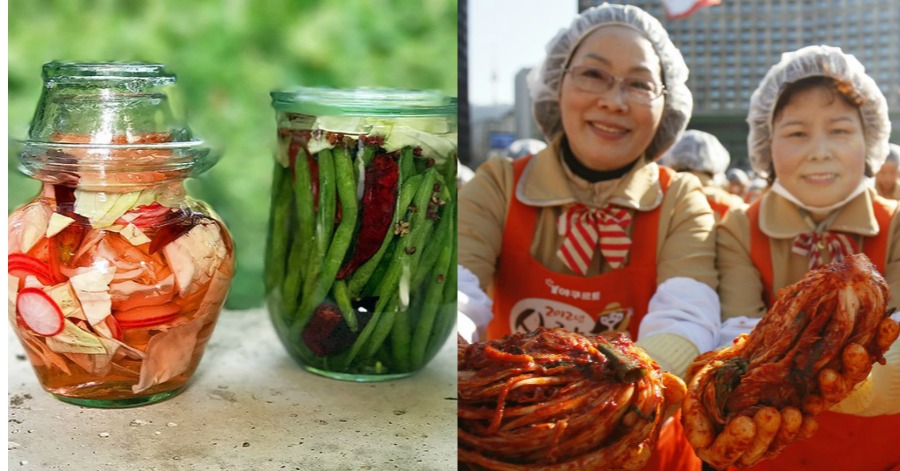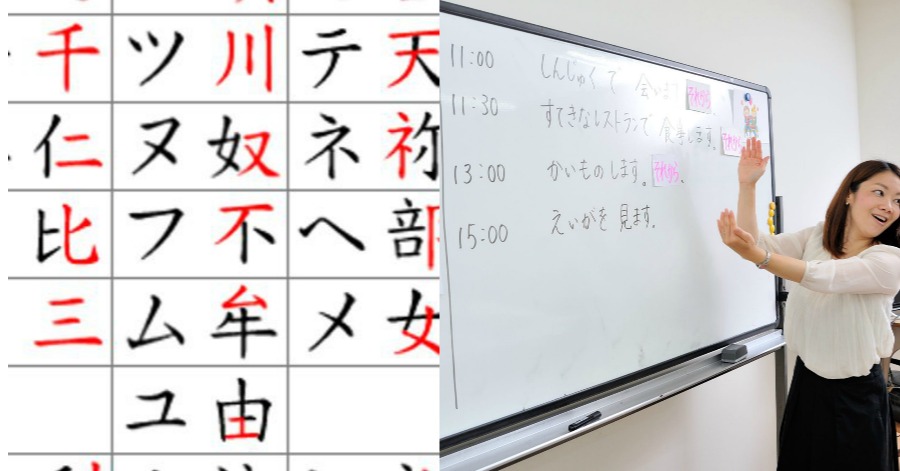The fermented cabbage war between South Korea and China is increasingly being talked about by people on social media in their respective countries. Interestingly, the kimchi industry is now led by China and not South Korea, which has provoked the anger of the Korean people because their country’s traditional food was ‘taken’ by China.
It is said that the word “kimchi” sparked outrage among South Koreans. They accuse China of trying to claim kimchi as their own. In fact, the award only covers pao cai – a type of pickled vegetable often found in Sichuan cuisine.
War Fermented cabbage

The culture of pickling cabbage between China and South Korea has been around for a long time and now it is becoming worse when the Chinese cabbage pickle pao cai, which is a Chinese version of kimchi gained world recognition.
Kimchi China Obtained ISO Certificate

Beijing has won the global certificate from the International Organization for Standardization (ISO) for Chinese Cauliflower which is pao cai which is a Chinese version of kimchi.
The Chinese people are proud to have won the global recognition certificate and to prove that the kimchi industry is led by China.
Chinese Cabbage Citrus Has Nothing To Do With Korean Kimchi
Following this controversial issue, South Korea’s Minister of Agriculture, Food and Rural Affairs informed that the certificates issued by ISO have nothing to do with kimchi and pao cai are different from kimchi.
Endless Cabbage fermented War

The cultural and traditional food pressures between the two countries seem to be increasingly tense, and each states that the cabbage produced by their country is their original food and culture.
To study the original history of kimchi and pao cai, experts need to come up with history and data to find the truth.
Pao Cai Versus Kimchi
It feels like each has its own traditional food history, both pao cai and kimchi it is food that has long existed in their respective countries since time immemorial.
If viewed from the point of view of making pao cai and kimchi, each produces a different visual and the way of making is also not the same. The only similarity is that it is pickled food.
Sources: BBC, Korea Now, Nextshark.com









Leave a Comment